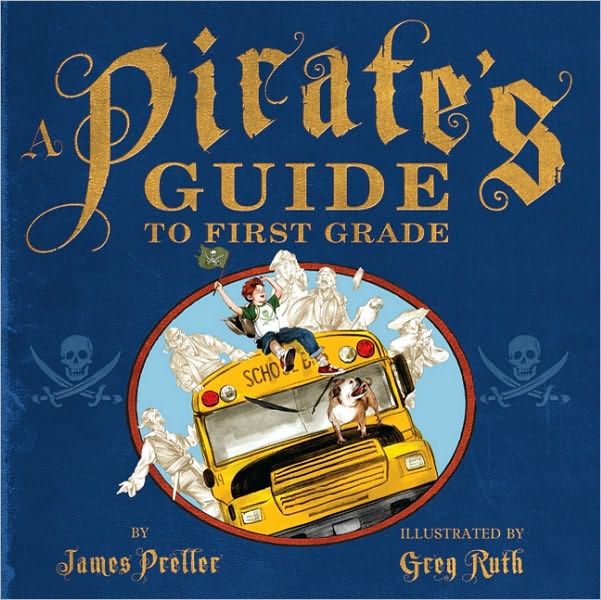Book Review
I'm still getting over the "Great Sombrero Debacle" of 2011 (see previous post) but I can still scrap together a couple of book reviews.
This is one of the toughest books I've ever had to read aloud. It's just so heart-wrenching. We've owned this book for a few years, and it has since won the Caldecott Medal of Honor. This is the true story of a boy who grows up in slavery, and as an adult his wife and children are sold away. With nothing left to lose, he seeks the help of the Underground Railroad and packages himself up in a crate and ships himself to freedom. I love this book for its truth, its realistic portrayal of the horror of slavery, and the consequences of families being torn apart. This is not an easy read. Zinabu does not like this book. His own words were, "That book makes me too sad." I think Zinabu is also especially sensitive to the fact that he sees Henry, the main character, through the lense of his own adoption. So if your children are adopted, try to gauge their ability to process this book, let alone even handle it altogether. Parents should preview this book before reading it aloud.
This is one of those books that I love for the illustrations alone. You will LOVE them. Clean and fresh with tributes to the 1950s. This book is about a first grade boy who goes to school with his imagination. His pirate friends accompany him all day long (my favorite is when they bust out the doors to recess). The text is written in "pirate-speak," so get your Jack Sparrow on and prepare to sound like a landlubber gone wild. A current favorite of Zinabu's.


3 comments:
I've seen the first book and have had to walk on. I haven't even opened it myself. And thanks for the tip on the second one - should be perfect for my soon to be first grader!
The first book has been on my list for a long time. I just requested it from the library. I obviously haven't read it yet, and E is super sensitive as well, but he also loves learning about history. I don't think there's a way to erase the pain that centuries of slavery caused, but I do think that there are ways to "spin" the ways we tell the story in order to give our kids a better view of the "whole picture".
By that, I mean that when I talk to my children about slavery, we talk first about how there were kingdoms in Africa with smart, strong workers who figured out how to build pyramids and castles and carve churches out of stone. When America first began as a country, the settlers decided that they needed the smartest and strongest people in the world to help them build this country, and those people were in Africa. The problem was that they didn't want to leave Africa. So the settlers did some terrible things and stole them, locked them up in chains, put them on boats, and brought them here. yadda, yadda (you get the idea).
I also think it's really important, when talking to kids about slavery, civil rights, and racism, to make the point that *all* white people didn't believe slavery and discrimination were okay, and to give examples of people who've fought, throughout history, for equality. Thomas Paine, Harriet Beecher Stowe, John Brown, Levi Coffin & the Quakers, etc.
Hard conversations, but oh, so important! Thanks for sharing!
Banany and I just read Henry's Freedom Box this week, after picking it up at the library. Thanks to you, I've been seeking out books like this!
Yes, it's heartwrenching...but for her, a good, true example of the great lengths people went through just to be free. But I TOTALLY get that her perspective and reaction to it could be very different than your kids. Reading about it as history and reading about it as YOUR history are two very different things.
Another book we recently liked was "Rosa's Bus" by Jo S. Kittenger.
Post a Comment